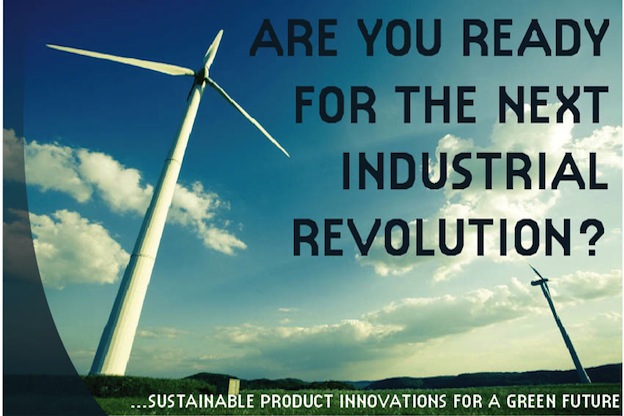
The demise of the Industrial Revolution
The Industrial Revolution is dead or in its last death rale at the very least. Or so it appears to this writer.
Throughout this period the key word has been intensification.
Bigger factories, larger ports of call, mega power plants, even school consolidations all manifest the intensification drive.
Some call it the economy of scale.
We’ve reaped many benefits from this age. Now we live among its consequences. From environmental harm issues to the even more tragic results of stratifying the society.
A new economy is emerging. None of us know its actual form. If anyone did they’d make a killing in the stock markets.
The move now will certainly be away from intensifying to extensification.
There are bell weathers if one stops to observe things.
Energy; everyone has a roof. Why isn’t that roof collecting solar energy. It may not support your home or business but a little here and little there adds up. Like the old question of how many grains of sand constitute a beach. It’s not the grain but amalgamation that deems the term. Coal, and especially nuclear, leave a trail of waste and pollution no one has an answer for yet we keep throwing more on the problem. If the nuclear plant sent you a monthly vial of radioactive waste leaving you to deal with it just what would you do? Probably put it in your trash to get it out of mind and forgotten. At least until it becomes apparent your neighbors are doing the same.
Manufacturing; the 3D printing craze is not unlike the time the men named Wozniak and Jobs took something new to the world, the integrated circuit, and garage shopped their way to the digital revolution. With 3D printing the doors to local, extensive, manufacturing are being flung wide open. Why order a part from a distant supplier, pay shipping, consume petroleum to ship and perhaps worst of all employ difficult to dispense with packaging.
Have it made locally from digital prints at the “3D blacksmith shop” down the road. There may be no chestnut tree, and the hearth is replaced with a printer, but it is the extensive model humankind followed for millennia.
Economy; no longer confined to political boundaries the economy is now global. Every where is the struggle to dominate across borders. Jobs were shipped over seas because the economies of scale dictated it. Paying a middle class wage collapsed as the world labor market opened. There are probably parallels found in academia among the point in time when the Industrial Revolution emerged. The status quo of its period suffered as goods produced elsewhere displaced local suppliers.
Management blames organized Labor. Labor blames management. It would seem both are wrong. Running at full tilt industry worked, it built this country, it was all in place to mount an incredible effort during WWII to switch from autos to planes, tanks and ships. They weren’t blaming each other then.
Next time you enter a Target, or a Fleet Farm, a Walmart or any of the big box stores consider this point. Everything there, although new and shiny has a common destination. The dump. Not a real sustainable model.
A Depression Era ancestor would have replaced the heating element in a malfunctioning toaster. Today you’ll through the whole thing away and buy all new.
Speaking roundly the home of the 1950’s broke down sort of like this, 75% of the cost was material, the remaining 25% was labor. Today the relation is reversed. Before you assume the fault is wages best stop and think where the real culprit lies. It is in cheap goods.
Any boomer should recall the Depression Era stories of their ancestry. Women saved containers, glass mostly, and put them to second purpose in the home. Men bent rusty nails straight to repair or erect agricultural buildings. Wasting had actual implications, financial and just plain bad style.
We’re in transition. The old model has run its course. The new model emerges with no real plan but there is that key element upon which it will thrive or succumb.
Forget about intensification, start thinking in terms of extensification. The morass of social unrest we live in is the outcome of the transition.
Thanks for your feedback. If we like what you have to say, it may appear in a future post of reader reactions.


